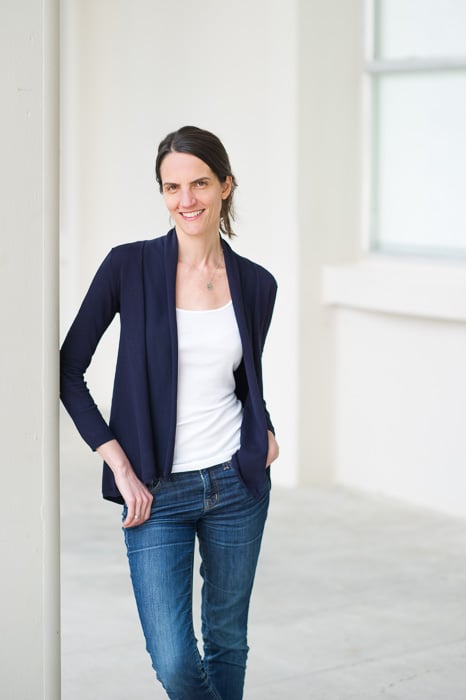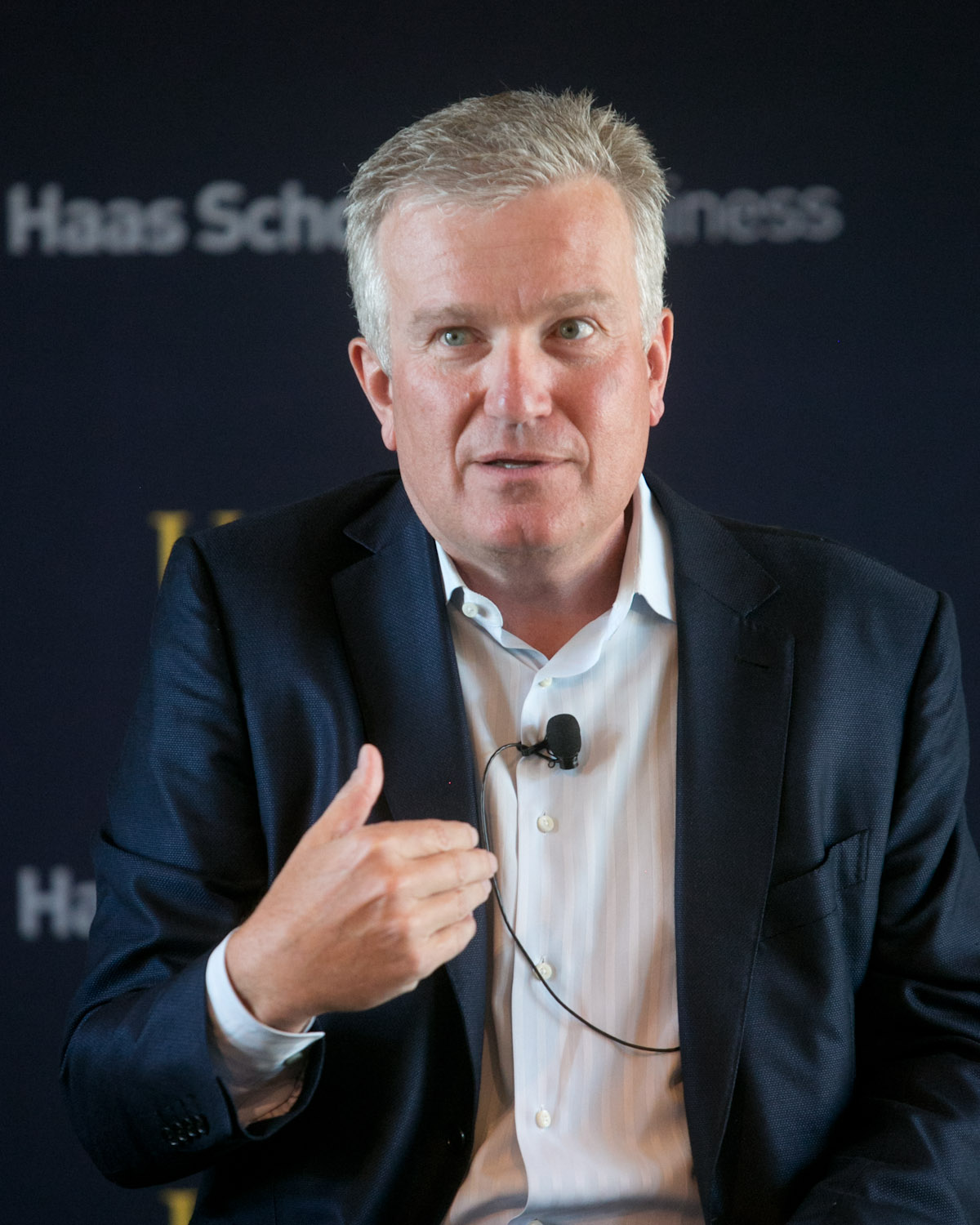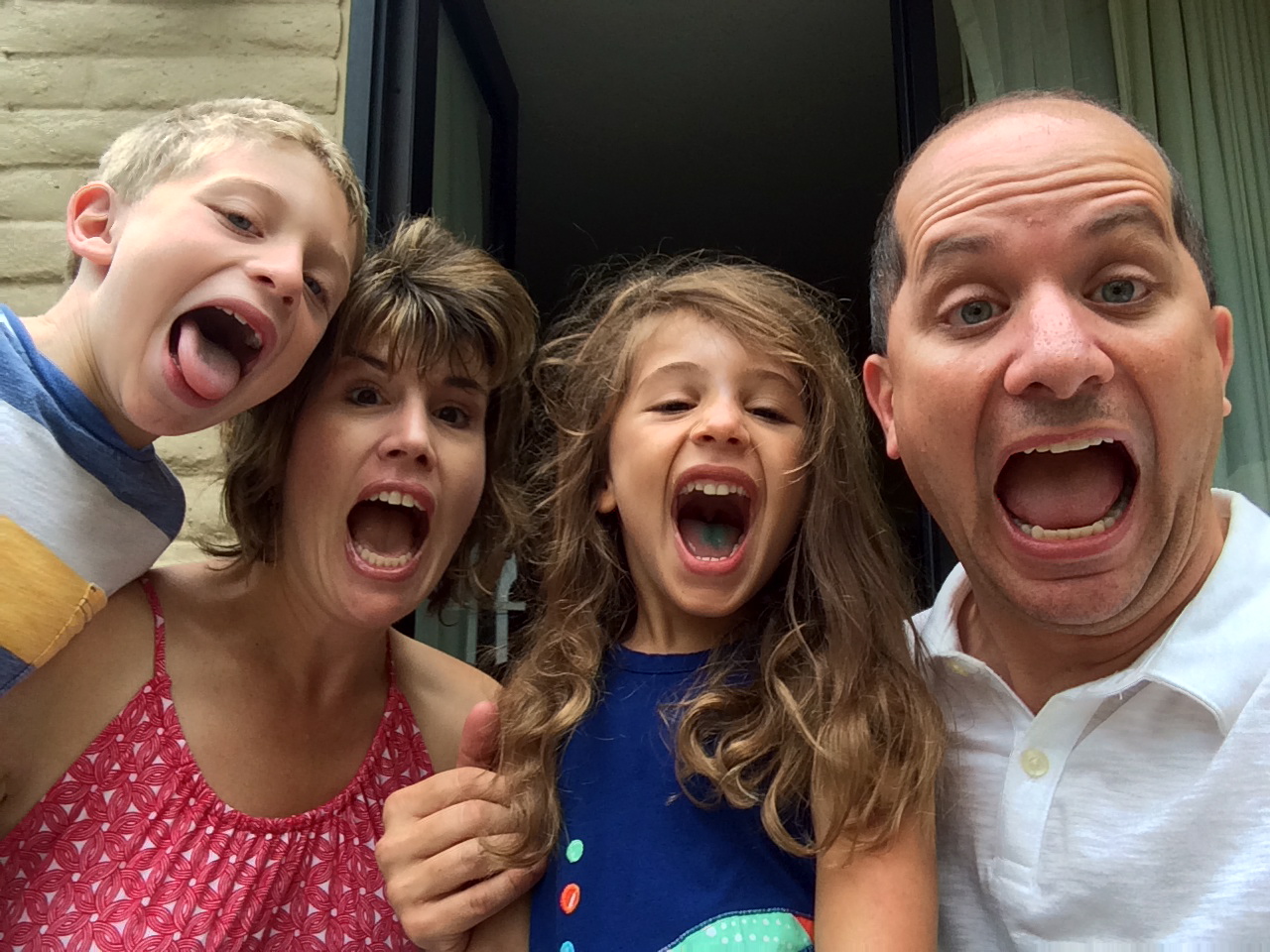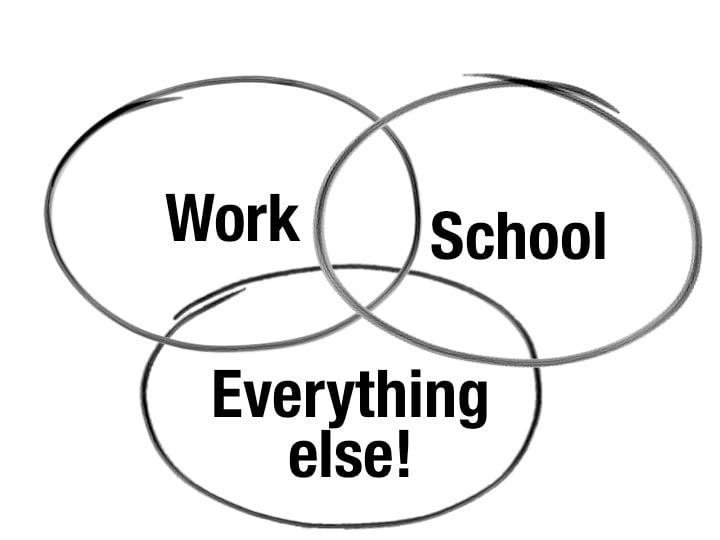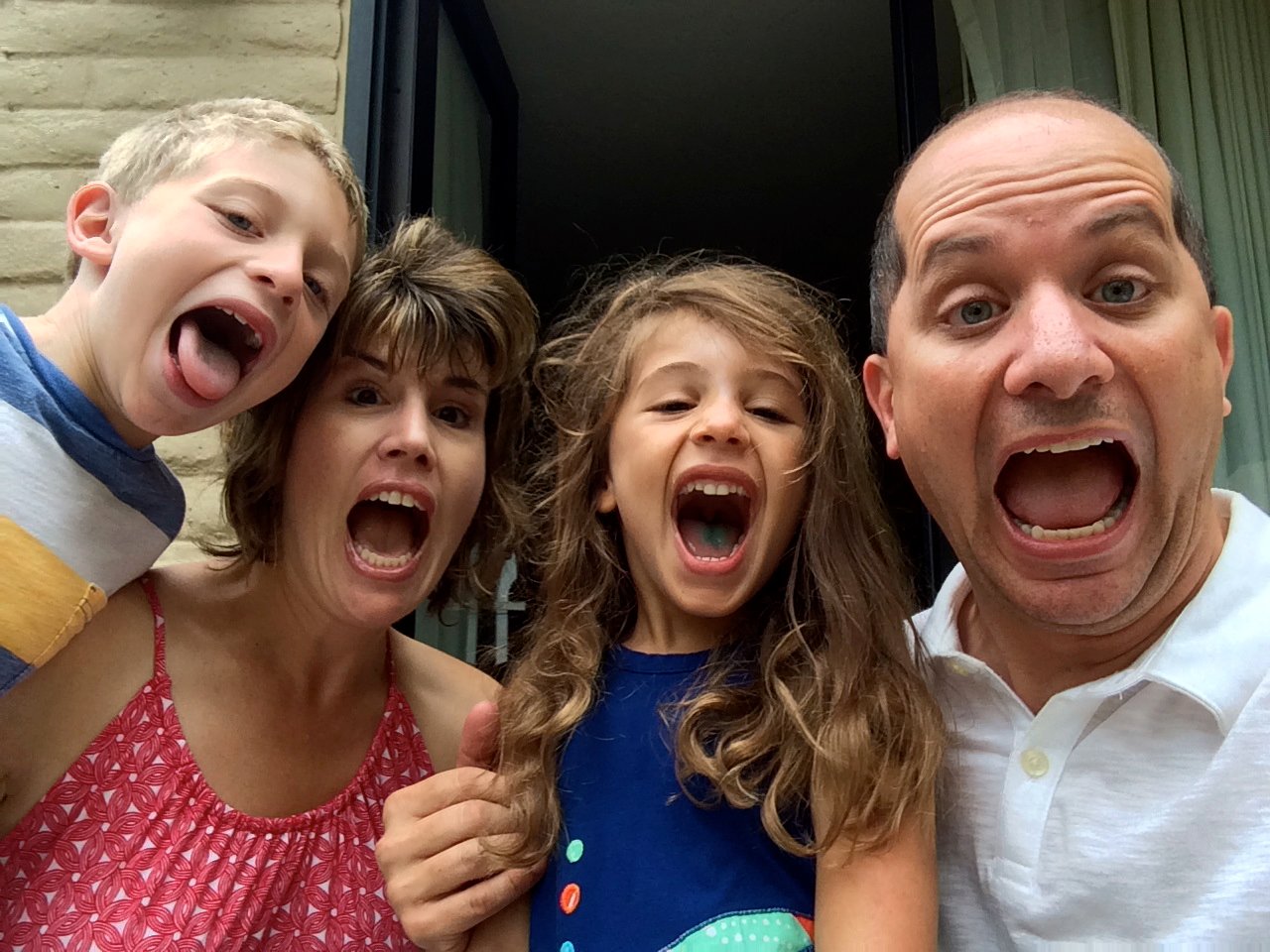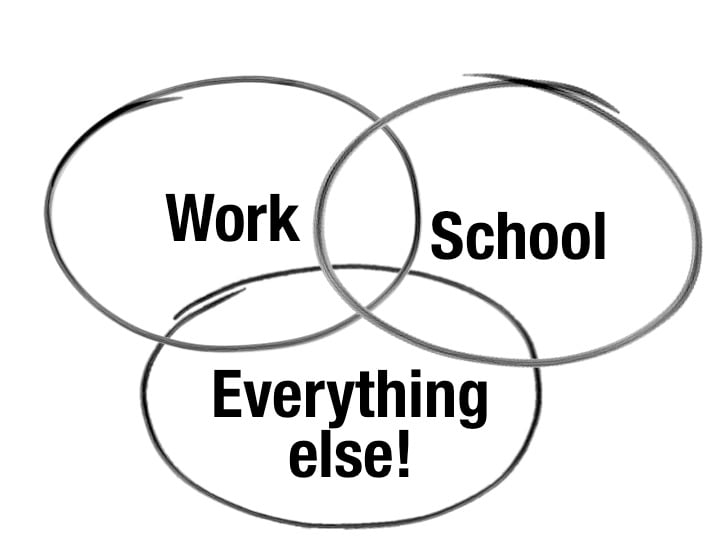|
|

GMAT Club Daily Prep
Thank you for using the timer - this advanced tool can estimate your performance and suggest more practice questions. We have subscribed you to Daily Prep Questions via email.
Customized
for You
Track
Your Progress
Practice
Pays
Not interested in getting valuable practice questions and articles delivered to your email? No problem, unsubscribe here.
Kudos
Bookmarks
Archived 'Calling All Berkeley Haas Applicants' Topic
Hi there,
You've reached an old 'Calling All Berkeley Haas Applicants' discussion which is now
outdated and has been archived. No more replies are possible here.
Looking for the latest discussion? Check out this up-to-date Calling All Berkeley Haas Applicants
Discussion
for the most recent conversations on this topic.
Interested in more from this school? Visit our dedicated
Berkeley Haas Forum
to dive into all things related to Berkeley Haas's MBA program.
Thank you for understanding, and happy exploring!
Kudos
Bookmarks
Welcome to all 2015 applicants applying to Haas Evening-Weekend MBA Program at UC Berkeley.
We recently got the opportunity to talk to Current Haas EWMBA student and Prominent GMATClub member - Packet82 - and get his insights on Haas MBA programs. Here are the excerpts from the discussion.
We recently got the opportunity to talk to Current Haas EWMBA student and Prominent GMATClub member - Packet82 - and get his insights on Haas MBA programs. Here are the excerpts from the discussion.
bb:- GPA, GMAT, Application Essays, Interview, Work Experience, and Extra Curricular. If you asked to arrange these parameters in the order of their importance at Haas– what would it be?
Packet82:- (1) Work Experience (2) Interview and Essays (3) GPA and GMAT
Extra Curricular is a bit of a wild card. It really depends on the specific applicant.
bb:- What advantage, if any, is there in applying in a specific round over another?
Packet82:- If you come from a common background, it's better to apply in round 1. However, Haas tends to admit most of the EWMBA class in round 2 and will waitlist the bulk of the R1 applicants until R2 is done. So, if you have a strong background and have a lot of competition, it's probably better to do earlier. Past that though, it doesn't really matter. Just try to get it in by R2. R3 & 4 tend to be much more competitive as most of the spots have been filled.
bb:- Are the on-campus and off-campus interviews treated equally or there is any preference to one over other?
Packet82:- Haas officially only does on campus unless there's an extenuating circumstance. I ended up doing mine via skype and got in anyways. If you can, make the trek down to Haas for the interview.
bb:- Do you recommend a school visit? Is it a must?
Packet82:- Not a must, but I'd highly recommend it. Haas is a very different place from other b-schools I've visited. Admissions really only wants to admit people that fit in to the mold of the type of leader Haas is trying to educate. So, visit the school and get a feel for it ahead of time. See if it's a good fit for you.
bb:- How important is the school visit for an applicant?? Does that really play any role in strengthening application?
Packet82:- It makes for some added color. No one is going to record that someone came in for a class visit or not, but it can definitely help you with ideas for your essays.
bb:- Can you comment on the Employment process of the school? What support do students get from Career Services dept, peers, and alumni? Which companies (and from which sectors) generally recruit in the school? How strong school’s alumni network is?
Packet82:- In the Bay Area, it's mostly tech companies and a lot of startups. All the other usual suspects that show up to other top 10 programs also show up to Haas.
bb:- Which student clubs or groups are in the school? What social and philanthropic opportunities and opportunities to get involved in leadership roles one can get in these groups?
Packet82:- The full list of clubs is available here: https://haas.campusgroups.com/club_signup
bb:- Is there anything related to Financial Aid worth a mention?
Packet82:- For part time students, there isn't much in the way of financial aid other than loans. There are a few token need based scholarships (I don't know anyone that has received this), and one small grant for people living outside of the bay area, but that's about it. Many people have some sort of sponsorship from their company though.
bb:- Can you think of a few good and bad reasons for applicants to reach out to current students? Eps. Before submitting an application?
Packet82:- If you want to find out some more information about what it's like to attend the school, great. Don't ask current students information that can easily be found on the website or things like what specific books they used for classes.
bb:- Who would be an ideal applicant to your program based on admissions, culture, and the program in general?
Packet82:- still working a bit on this question.
Packet82:- (1) Work Experience (2) Interview and Essays (3) GPA and GMAT
Extra Curricular is a bit of a wild card. It really depends on the specific applicant.
bb:- What advantage, if any, is there in applying in a specific round over another?
Packet82:- If you come from a common background, it's better to apply in round 1. However, Haas tends to admit most of the EWMBA class in round 2 and will waitlist the bulk of the R1 applicants until R2 is done. So, if you have a strong background and have a lot of competition, it's probably better to do earlier. Past that though, it doesn't really matter. Just try to get it in by R2. R3 & 4 tend to be much more competitive as most of the spots have been filled.
bb:- Are the on-campus and off-campus interviews treated equally or there is any preference to one over other?
Packet82:- Haas officially only does on campus unless there's an extenuating circumstance. I ended up doing mine via skype and got in anyways. If you can, make the trek down to Haas for the interview.
bb:- Do you recommend a school visit? Is it a must?
Packet82:- Not a must, but I'd highly recommend it. Haas is a very different place from other b-schools I've visited. Admissions really only wants to admit people that fit in to the mold of the type of leader Haas is trying to educate. So, visit the school and get a feel for it ahead of time. See if it's a good fit for you.
bb:- How important is the school visit for an applicant?? Does that really play any role in strengthening application?
Packet82:- It makes for some added color. No one is going to record that someone came in for a class visit or not, but it can definitely help you with ideas for your essays.
bb:- Can you comment on the Employment process of the school? What support do students get from Career Services dept, peers, and alumni? Which companies (and from which sectors) generally recruit in the school? How strong school’s alumni network is?
Packet82:- In the Bay Area, it's mostly tech companies and a lot of startups. All the other usual suspects that show up to other top 10 programs also show up to Haas.
bb:- Which student clubs or groups are in the school? What social and philanthropic opportunities and opportunities to get involved in leadership roles one can get in these groups?
Packet82:- The full list of clubs is available here: https://haas.campusgroups.com/club_signup
bb:- Is there anything related to Financial Aid worth a mention?
Packet82:- For part time students, there isn't much in the way of financial aid other than loans. There are a few token need based scholarships (I don't know anyone that has received this), and one small grant for people living outside of the bay area, but that's about it. Many people have some sort of sponsorship from their company though.
bb:- Can you think of a few good and bad reasons for applicants to reach out to current students? Eps. Before submitting an application?
Packet82:- If you want to find out some more information about what it's like to attend the school, great. Don't ask current students information that can easily be found on the website or things like what specific books they used for classes.
bb:- Who would be an ideal applicant to your program based on admissions, culture, and the program in general?
Packet82:- still working a bit on this question.
Kudos
Bookmarks
| FROM The Berkeley EWMBA Blog: A Walmart-to-Google Career Change |
Trading Furbies for Fruit Ninjas, Amy Thompson moved from a role as senior toy buyer with Walmart to manager at Google—during her first year in the Evening & Weekend Berkeley MBA Program. She now manages retail partnerships for Google Play, an Android platform for apps and digital media.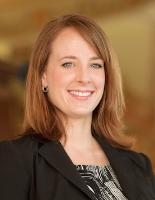 Thompson’s move reflects a frequent occurrence at Berkeley-Haas: students who change careers while earning their degrees. In a survey of recent graduates of the Evening & Weekend Berkeley MBA Program, 32 percent of respondents reported changing careers. Those who did grew their salaries by, on average, 44 percent, from a mean base of $93,640 to $119,821. Thompson, MBA 15, had spent her career at Walmart. “I felt my work experience was strong, but wanted additional perspective on business,” she says of her decision to pursue her MBA. “At Walmart I really enjoyed having responsibility for everything from financial plans and budgets to how products are presented in stores,” she says, “but the business is obviously very established, so work was focused on incremental growth.” As Partner Manager, Thompson is a regional lead for Google Play gift cards, with a focus on launching business in new countries, which is what appealed to her. “I came in at the beginning stages, with a lot of structure to be built,” she says. In her first year she has overseen the Americas and launched the gift card business in Australia, New Zealand, and Mexico. This opportunity opened with a recruiter reaching out to Thompson via LinkedIn; it closed with support from her Berkeley MBA network. “Written recommendations are an important part of the Google hiring process,” she says. “If you have people at Google who recommend you, that goes a long way; two of my cohort mates did that for me.” “People in the Berkeley MBA Program are some of the best I’ve gotten to know over the course of my career,” says Thompson. “Through relationships at Haas, I’ve learned much about other industries that’s brought me to where I am today.” Thompson recently marked one year at Google. “When I took a step back and realized all that has happened, from completing my first year at Berkeley-Haas to launching three countries and building out my team at Google, it was incredible. If that’s just the past year, I can’t imagine what the next couple of years will hold.”  
|
This Blog post was imported into the forum automatically. We hope you found it helpful. Please use the Kudos button if you did, or please PM/DM me if you found it disruptive and I will take care of it.
-BB



